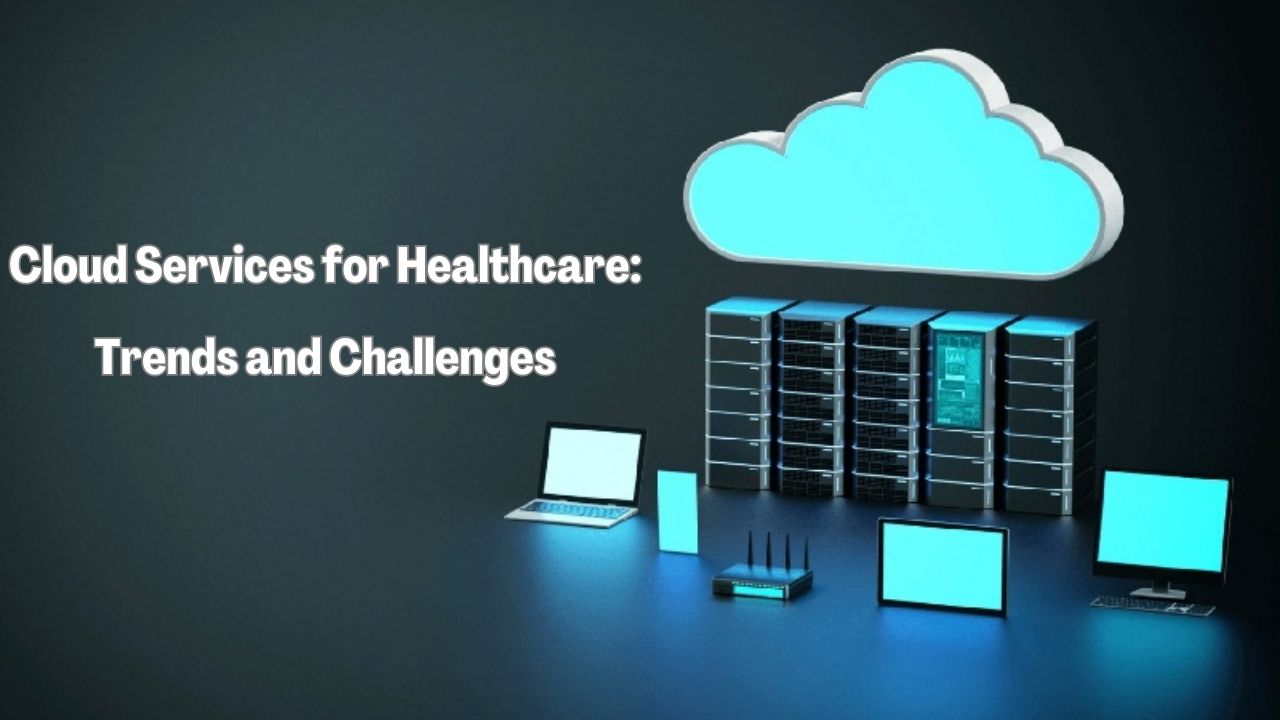
I.Introduction
Cloud computing has become an essential tool for businesses of all kinds, including the healthcare industry. Cloud services allow healthcare professionals to access critical data and applications from anywhere, anytime, and on any device. Cloud computing can help improve patient care, reduce costs, and increase efficiency. In this section, we will define cloud computing and its relevance to healthcare.
II. Trends in Cloud Services for Healthcare
Cloud-based Electronic Health Records (EHRs)
Electronic health records (EHRs) are becoming increasingly important in the healthcare industry. EHRs allow healthcare professionals to access patient data quickly and easily, resulting in improved patient care. Cloud-based EHRs offer even more benefits, such as scalability, cost savings, and improved collaboration. To implement cloud-based EHRs, healthcare organizations need to ensure that their infrastructure and security measures are up to date.
Telemedicine
Telemedicine is the use of technology to provide remote medical care. Telemedicine has become increasingly popular in recent years due to its potential to improve patient access to care, reduce costs, and increase efficiency. Cloud services play a crucial role in telemedicine by providing the necessary infrastructure and security for remote consultations and patient monitoring.
Big Data Analytics
Big data analytics is the process of analyzing large data sets to discover patterns, trends, and insights. In healthcare, big data analytics can be used to improve patient outcomes, reduce costs, and increase efficiency. Cloud services provide the necessary infrastructure and scalability for big data analytics in healthcare.
Artificial Intelligence (AI)
Artificial intelligence (AI) is the use of computer algorithms to perform tasks that typically require human intelligence. In healthcare, AI can be used to improve patient care, reduce costs, and increase efficiency. Cloud services provide the necessary infrastructure and scalability for AI in healthcare.
III. Challenges in Cloud Services for Healthcare
Security
Security is one of the biggest challenges facing cloud services in healthcare. Healthcare organizations must ensure that patient data is protected from unauthorized access and breaches. To ensure security, healthcare organizations should implement strong authentication and encryption measures, conduct regular security audits, and choose cloud providers with robust security features.
Data Management
Data management is another significant challenge facing cloud services in healthcare. Healthcare organizations must ensure that patient data is accurate, complete, and up to date. They must also comply with regulations regarding data privacy and security. To manage data effectively, healthcare organizations should implement data governance policies, establish data quality measures, and choose cloud providers with strong data management capabilities.
HIPAA Compliance
The Health Insurance Portability and Accountability Act (HIPAA) sets the standard for protecting sensitive patient data. Healthcare organizations must comply with HIPAA regulations when storing and transmitting patient data in the cloud. To comply with HIPAA, healthcare organizations should choose cloud providers that offer HIPAA-compliant services, implement appropriate security measures, and conduct regular risk assessments.
Interoperability
Interoperability refers to the ability of different systems and devices to communicate and exchange data seamlessly. In healthcare, interoperability is essential to ensure that patient data is accessible and accurate across different systems and devices. To achieve interoperability, healthcare organizations should implement standards-based systems, use common data models, and choose cloud providers with strong interoperability capabilities.
IV. Conclusion
Cloud services have the potential to transform the healthcare industry by improving patient care, reducing costs, and increasing efficiency. However, healthcare organizations must overcome several challenges, including security, data management, HIPAA compliance, and interoperability, to realize the full benefits of cloud services. By implementing the best practices outlined in this post, healthcare organizations can successfully navigate these challenges and embrace the leverage cloud services to achieve their goals.

Add a Comment